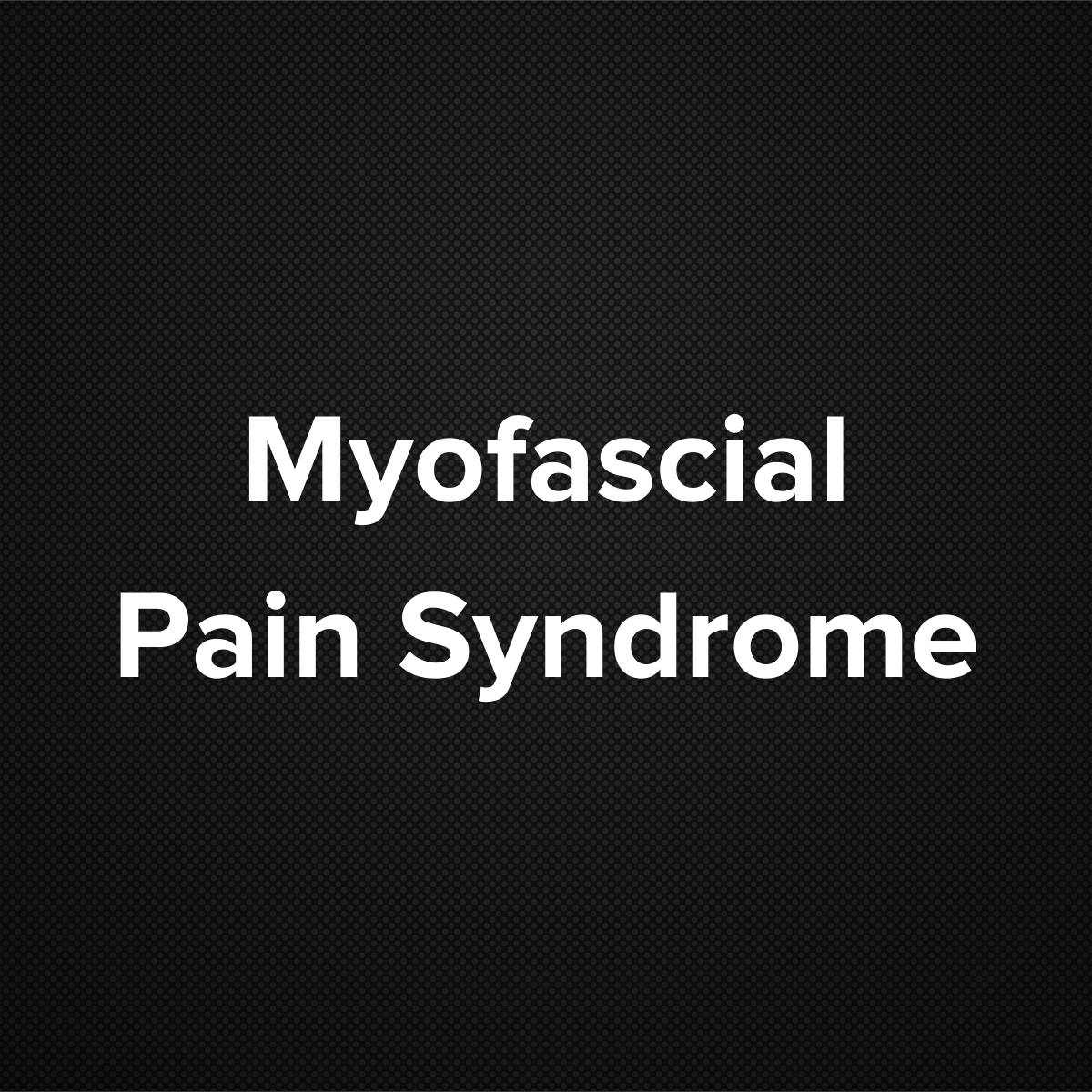Causes and risk factors
The exact cause is not known, but following are the risk factors of myofascial pain syndrome. The pain of myofascial pain syndrome is precipitated when there are conditions like – one leg longer than other, poor posture, stress, over use of muscles, history of injury, stressful life situation, and anxiety.
Clinical presentation
The patient presents with localised muscle pain, pain in one side of the body or one side more than the other, deep, aching pain in a muscle, pain that persists or worsens. There can be a tender knot in a muscle. There is sensation of muscle weakness, stiffness and tingling. Patient may complain of sleeplessness due to pain. Accompanied with pain there can be symptoms like depression, behavioural disturbances. Trigger factors for the pain include latent and active trigger points. Active points are those which are of extreme tenderness which cause local or regional pain. Latent points are those which are in dormant form, but are capable of becoming trigger points. They cause restriction of movement, muscle weakness etc. other trigger factors are overwork, fatigue, direct trauma, cold.
Investigation
Medical history by the patient and clinical examination by the doctor helps in diagnosis. Routine blood tests are recommended to rule out any infection. An x-ray is advised.
Treatment
Medicine such as NSAIDs, are used to reduce pain. Antidepressants, anxiolytics, sedatives are prescribed improve sleep and to relax muscle affected by myofascial pain. Physiotherapy that involves stretching and strengthening exercises may be required. Therapeutic massage to loosen tight muscles and relieve cramping or spasms. Heat therapy to relieve muscle tension and pain. Ultrasound waves to increase blood circulation to heal the affected muscle. Intramuscular Injections involves injecting a pain medicine [local anaesthetic] directly into the trigger points.
Other Modes of treatment
The other modes of treatment can also be effective in treating myofascial pain syndrome.
Homoeopathy is a science which deals with individualization considers a person in a holistic way. This science can be helpful in combating the symptoms. Similarly the ayurvedic system of medicine which uses herbal medicines and synthetic derivates are also found to be effective in treating myofascial pain syndrome.






























